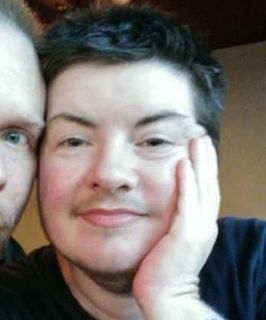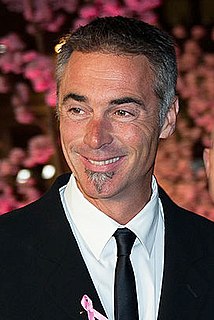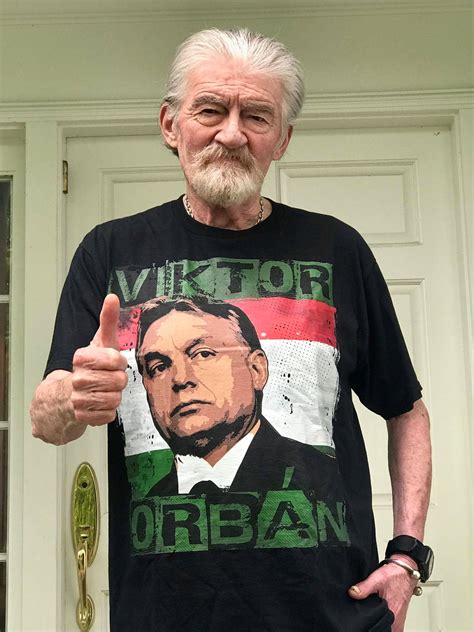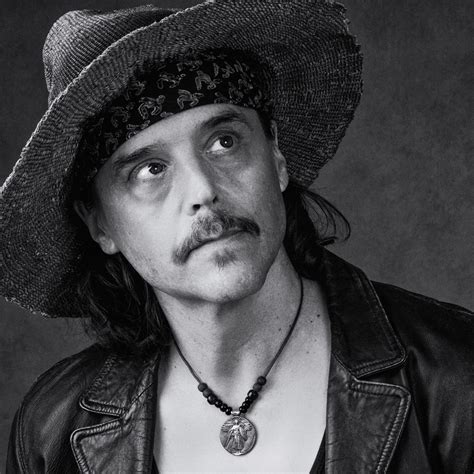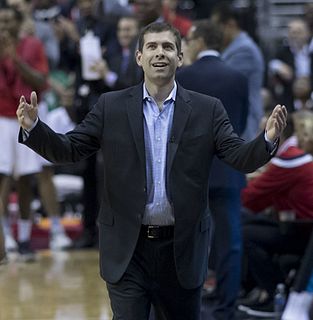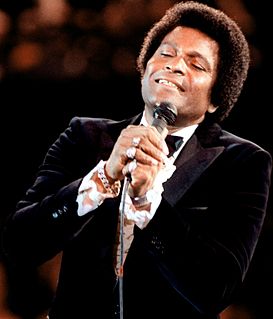A Quote by Poppy Z. Brite
In France, for instance, one magazine writer was convinced that On The Road had been a huge influence on Lost Souls and was crushed to learn that I hadn't read the one until after I'd written the other.
Related Quotes
Writers are great lovers. They fall in love with other writers. That's how they learn to write. They take on a writer, read everything by him or her, read it over again until they understand how the writer moves, pauses, and sees. That's what being a lover is: stepping out of yourself, stepping into someone else's skin.
I have written some poetry and two prose books about baseball, but if I had been a rich man, I probably would not have written many of the magazine essays that I have had to do. But, needing to write magazine essays to support myself, I looked to things that I cared about and wanted to write about, and certainly baseball was one of them.
I was co-editor of the magazine called The Jazz Review, which was a pioneering magazine because it was the only magazine, then or now, in which all the articles were written by musicians, by jazz men. They had been laboring for years under the stereotype that they weren't very articulate except when they picked up their horn.
One of my superstitions had always been when I started to go anywhere or do anything, not to turn back, or stop until the thing intended was accomplished. I have frequently started to go places where I had never been and to which I did not know the way, depending upon making inquiries on the road, and if I got past the place without knowing it, instead of turning back, I would go until a road was found turning in the right direction, take that, and come in by the other side.
I'm not better than other politicians, but I'm different because I got into the game much later in life, after I had raised a family, after I had written a book, after I had been a successful lawyer. It's different when you get into this business after you've led a full life. I don't want to be a big man. I know who I am.
I quit my last real job, as a writer at a magazine, when I was twenty-one. That was the moment when I lost my place of prestige on the fast track, and slowly, millimeter by millimeter, I started to get found, to discover who I had been born to be, instead of the impossibly small package, all tied up tightly in myself, that I had agreed to be.
As for the influence on my writing,music has definitely influenced how I write. That idea of cadence, repetition, all those elements appear throughout my writing. Drumming has definitely had a huge influence on the way I write, too. Has definitely tuned my ear to rhythm. After I've written something, I'll go through it repeatedly, carefully listening to the construction of the words, seeing, hearing how they flow.
When you learn to read and write, it opens up opportunities for you to learn so many other things. When you learn to read, you can then read to learn. And it's the same thing with coding. If you learn to code, you can code to learn. Now some of the things you can learn are sort of obvious. You learn more about how computers work.
